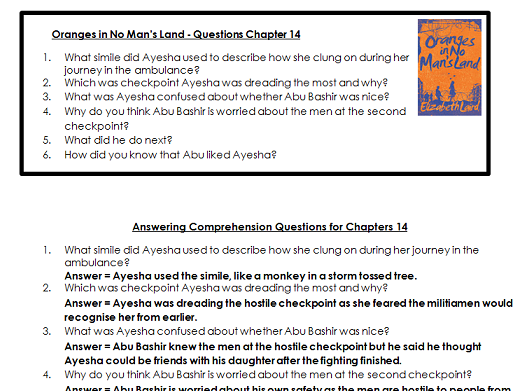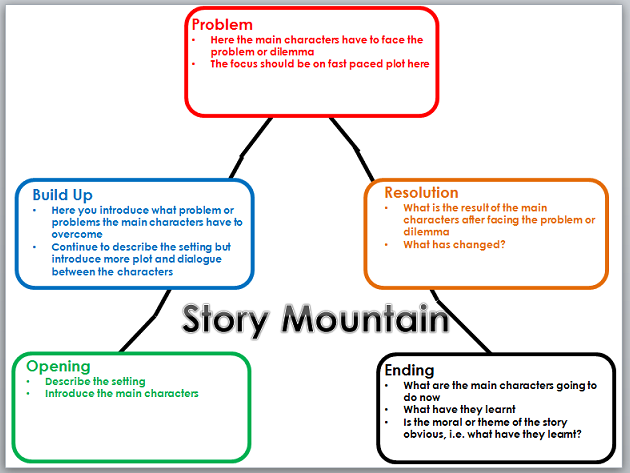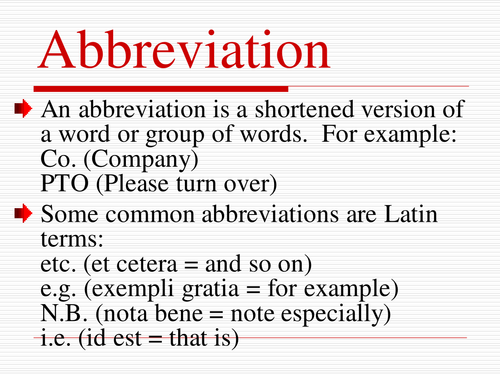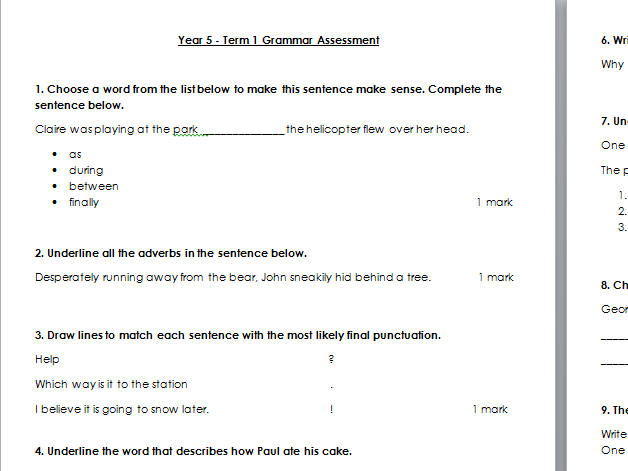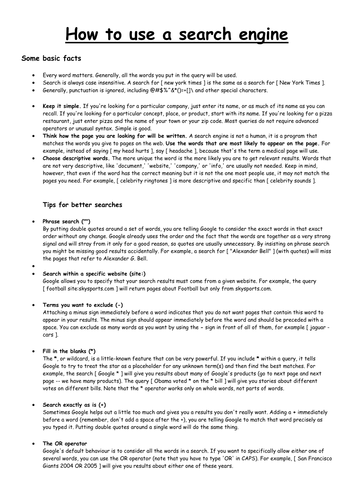The Teaching Deputy
Hello, thank you for looking around my shop. I am a teaching deputy head teacher, with 16 years of experience, who works in a rural primary school. I know how wearing many hats can eat into your time but understand how important excellent resources are for engaging pupils so they make accelerated progress. I have included lots of free resources in my shop but placed a small charge for resources which have taken me many hours to create. I hope you enjoy them and use them to motivate your pupils.









